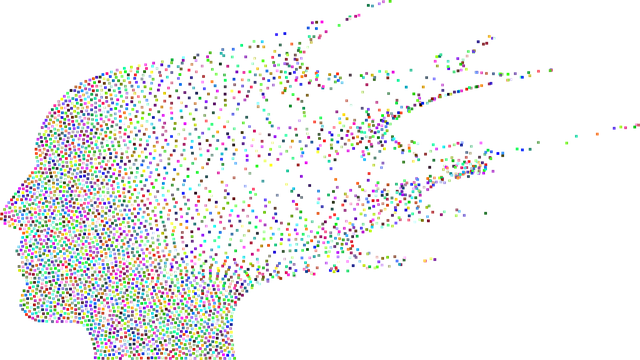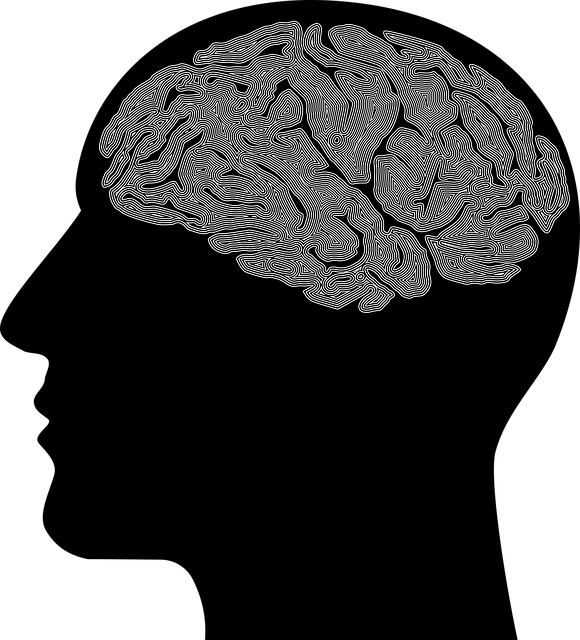Effective therapy for young adults begins with understanding their mental health data, collected through various methods. Data preparation ensures accuracy, after which cultural competency training aids in interpreting diverse cultural perspectives. Prepared data informs tailored programs like Coping Skills Development and Mental Wellness Coaching, including Acceptance and Commitment Therapy (ACT). ACT, an evidence-based approach, uses mindfulness and self-acceptance to treat mental health issues specific to young adults. Analyzing data trends identifies societal challenges, leading to targeted interventions like Mindfulness Meditation integration. Advanced digital data practices in therapy, especially through ACT, personalize treatments, enhancing clients' inner strength and communication strategies for improved mental wellness.
Mental health data analysis is a growing field, crucial for understanding and improving therapy outcomes. This article explores critical aspects of interpreting mental health data, focusing on young adults. We begin by deciphering the collection and preparation of relevant data, delving into the effectiveness of Acceptance and Commitment Therapy (ACT) in this demographic. Subsequent sections analyze data insights, discuss advanced applications, and highlight how sophisticated data practices can enhance therapy for young adults, ultimately revolutionizing mental health care.
- Understanding Mental Health Data: Collection and Preparation
- The Role of Acceptance and Commitment Therapy (ACT) in Young Adult Populations
- Analyzing and Interpreting Data: Insights and Applications
- Enhancing Therapy Outcomes through Advanced Data Practices
Understanding Mental Health Data: Collection and Preparation

Understanding Mental Health Data begins with recognizing that collecting and preparing data is a crucial step in effective therapy for young adults. Healthcare providers play a pivotal role in this process, ensuring that information is gathered ethically and accurately. This involves not only direct assessment through interviews and questionnaires but also integrating data from various sources like medical records, online platforms, and community reports. The goal is to capture the holistic picture of an individual’s mental health journey.
In terms of preparation, data needs to be cleaned, organized, and standardized to enable meaningful analysis. This process often involves addressing missing values, identifying outliers, and ensuring data consistency. For instance, implementing Cultural Competency Training for healthcare providers can enhance their ability to interpret cultural nuances in the data, especially when dealing with diverse populations. Once prepared, this data becomes a valuable asset, facilitating the development of Coping Skills Development programs and Mental Wellness Coaching Programs tailored to individual needs, such as those interested in Acceptance and Commitment Therapy (ACT).
The Role of Acceptance and Commitment Therapy (ACT) in Young Adult Populations

Acceptance and Commitment Therapy (ACT) has emerged as a potent approach tailored specifically for young adult populations to navigate their mental health challenges. This therapy focuses on helping individuals accept their emotions and experiences, fostering a deeper connection with themselves. By promoting a mindset of mindfulness and self-acceptance, ACT empowers young adults to develop effective coping skills and build resilience.
The therapeutic process involves various strategies, including empathy building techniques and compassion cultivation practices, which encourage clients to embrace their struggles while cultivating a sense of self-compassion. Through these methods, ACT enables young adults to set meaningful goals and take action aligned with their values, leading to improved overall well-being. This therapy has shown promising results in treating various mental health issues prevalent among this demographic.
Analyzing and Interpreting Data: Insights and Applications

Analyzing and interpreting mental health data is a multifaceted process that can yield powerful insights, leading to effective interventions and personalized support for young adults. By employing evidence-based approaches like Acceptance and Commitment Therapy (ACT), healthcare professionals can uncover patterns and trends within the collected data. These analyses reveal not only individual struggles but also broader societal challenges related to mental wellness.
Through systematic examination, professionals can identify key factors contributing to mental health issues among young adults, whether it’s the rise of social media pressures or specific cultural barriers hindering access to care. This process enables the development of targeted interventions, such as integrating Mindfulness Meditation into therapeutic practices or crafting Healthcare Provider Cultural Competency Training programs. The ultimate goal is to improve outcomes and enhance the overall mental wellness podcast series production, ensuring a more inclusive and effective support system for this demographic.
Enhancing Therapy Outcomes through Advanced Data Practices

In today’s digital era, advanced data practices are revolutionizing therapy for young adults, specifically within the realm of Acceptance and Commitment Therapy (ACT). By harnessing the power of data analysis, therapists gain valuable insights into their clients’ progress, enabling them to tailor treatments more effectively. This personalized approach enhances the development of inner strength and communication strategies, ultimately leading to improved mental well-being.
ACT incorporates various evidence-based techniques, including stress management workshops, to empower individuals in navigating life’s challenges. Data analysis allows therapists to identify specific areas where clients struggle, prompting them to adapt their strategies accordingly. This iterative process fosters a more dynamic and responsive therapeutic environment, ensuring that each young adult receives the most suitable care for their unique needs.
Mental health data analysis is a powerful tool for improving therapy outcomes, especially in young adult populations. By understanding and interpreting collected data effectively, professionals can enhance the impact of treatments like Acceptance and Commitment Therapy (ACT). This article has explored various aspects, from data collection to advanced practices, showcasing how these techniques contribute to the success of ACT in this demographic. Through continued research and the integration of innovative data strategies, therapists can better navigate the complex landscape of mental health, ultimately fostering positive change in young adults’ lives.









